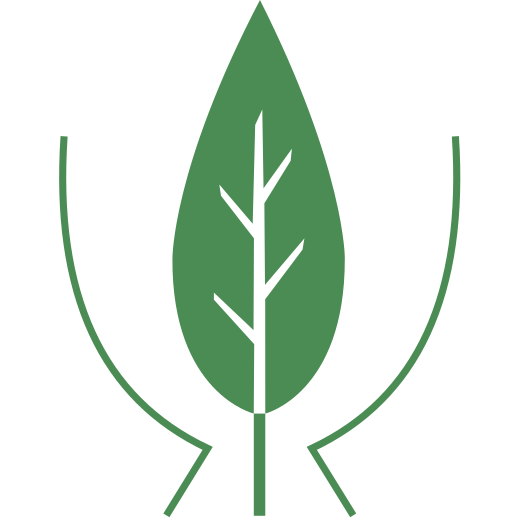Researcher at Yale University works on new therapeutic approach for PKAN
We have received news from the USA that a potential new treatment option for PKAN is being researched at Yale University. This new approach is still at the very beginning of development and a great deal of scientific work and time is still required to sound out the prospects of success of this potential PKAN therapy, initially in cell and animal models. But we are pleased to see another glimmer of hope on the horizon. You can find out more in a English online article from Yale University. Here in German translation¹:
Dr. Choukri Ben Mamoun awarded for best lecture at Yale Lifesciences PITCHFEST 2020
08.02.2021 / By Saphia SuarezChoukri Ben Mamoun, PhD, Professor of Medicine (Infectious Diseases) and Microbial Pathogenesis, won the Best Presentation Award at Yale Lifesciences PITCHFEST 2020 for his work on a potential cure for pantothenate kinase-associated neurodegeneration (PKAN). [The "Yale Lifesciences PITCHFEST" is a lecture competition in which biotech researchers can present their projects in short talks to an audience of industry representatives. Presenters can win a cash prize and, by participating, also become semi-finalists in the annual competition for the Blavatnik Fund for Innovation at Yale University. (Note from Angelika Klucken)]
This severe neurodegenerative disease mainly affects children and young adults. The genetic disorder leads to an accumulation of iron in the brain and results in a severe loss of muscle function, which ultimately leads to death.
"This disease is caused by a mutation in the PANK2 gene, which codes for an enzyme involved in the utilization of vitamin B5 (pantothenic acid) and is essential for co-enzyme A (CoA) biosynthesis in the brain," says Ben Mamoun. The altered pathway of this enzyme leads to the neurological defects associated with PKAN. The solution offered by Ben Mamoun's research is the activation of a second PanK enzyme that would compensate for the loss of PANK2 and restore neurological function.
"The activators we have identified are called VTAC 1-9," says Ben Mamoun. "They are being further developed by a Yale spin-off company called Virtus Therapeutics."
Ben Mamoun hopes to receive the "Blavatnik Award" again this year, which is presented to selected projects by the Blavatnik Fund for Innovation at Yale following a competitive application process. The $300,000 prize provides start-up funding to drive research projects towards commercialization.
Ben Mamoun received the "Blavatnik Award" back in 2020 for his efforts to develop novel anti-fungal drugs. The award-winning project is part of a research program that will be pursued by a newly founded start-up company called MYCOS Therapeutics.
"Our efforts to develop new antimicrobials have been supported by the Program in Innovative Therapeutics for Connecticut's Health (PITCH)," said Ben Mamoun. "The use of vitamin B5 was one of two projects in my lab that were supported by this program." In collaboration with the Yale Center for Molecular Discovery, Ben Mamoun identified a novel class of highly selective inhibitors² to be further developed by MYCOS Therapeutics.
"Well, when you develop new antimicrobial compounds, you want to make sure that they don't inhibit the human enzyme," Ben Mamoun said. "So when we tried to find out if our compounds with antimicrobial activity inhibit the human enzyme, we discovered that our compounds do not inhibit the human enzyme, but surprisingly, nine of these compounds were found to activate the human enzyme."
This accidental discovery opened up the possibility of treating the previously incurable PKAN disease.
Ben Mamoun says it's findings like these that drive his work on therapeutics and in translational medicine. "I think it's a really exciting time to be translating findings from basic research to make drugs to cure infections and other important human diseases," Ben Mamoun said. "And sometimes in the course of our often frustrating research, we find things that we didn't plan for in the first place, like this potential treatment for pantothenate kinase-associated neurodegeneration. Compounds that we had not originally developed for this disease turned out to be key components of a very promising treatment for this disease and could potentially save the lives of many children and adults and even have applications beyond PKAN."

Dr. Choukri Ben Mamoun
Photo: courtesy of the Yale School of Medicine
We would like to thank the Director of Communications at Yale School of Medicine, Julie Parry, for her kind permission to publish the article in German on our website. Here you can find the link to the original article: https://medicine.yale.edu/news-article/30235/
¹ Translation with the support of the free version of https://www.deepl.com/translator , edited by Angelika Klucken.
² Inhibitors limit or prevent chemical processes.
